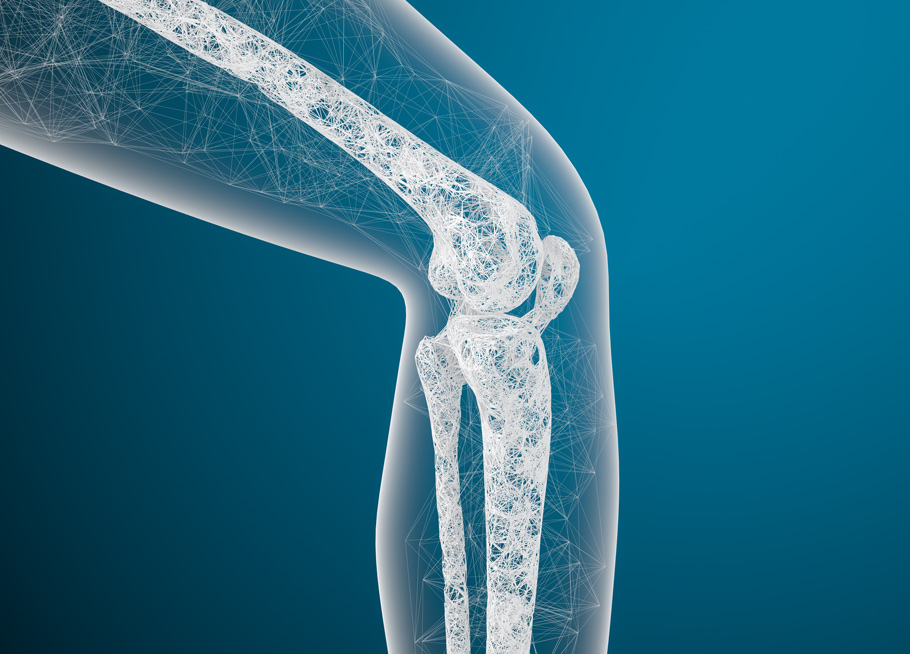
Discovering the Best Medicine for Gout in the UK
In the United Kingdom, the best medicine for gout is a combination of prescription medications and lifestyle changes. The most commonly prescribed medications include nonsteroidal anti-inflammatory drugs (NSAIDs), colchicine, and allopurinol. These medications help to relieve pain, reduce inflammation, and lower uric acid levels, which can prevent future gout attacks. In addition, maintaining a healthy lifestyle that includes a balanced diet, regular exercise, and proper hydration can significantly reduce the risk of gout flare-ups.
Understanding Gout: A Brief Overview
Gout is a type of arthritis caused by the buildup of uric acid crystals in the joints. This buildup can lead to inflammation, swelling, and intense pain. Gout typically affects the big toe but can also involve other joints, such as the knees, ankles, and elbows. Risk factors for gout include obesity, high alcohol consumption, a diet rich in purines, and certain medications, such as diuretics.
Top Medications for Gout in the UK
There are several medications available in the UK to treat gout, and the best option for each individual may vary based on their specific symptoms, medical history, and response to treatment. Some of the most commonly prescribed medications for gout include:
- Nonsteroidal anti-inflammatory drugs (NSAIDs)
- Colchicine
- Allopurinol
1. Nonsteroidal Anti-inflammatory Drugs (NSAIDs)
NSAIDs are often the first line of treatment for gout. They help to relieve pain and reduce inflammation. Some common NSAIDs prescribed for gout include:
- Ibuprofen
- Naproxen
- Indomethacin
These medications are typically taken during a gout attack to provide relief and can be continued for a few days after symptoms have subsided. However, NSAIDs may not be suitable for everyone, especially those with a history of stomach ulcers, kidney problems, or heart disease.
“NSAIDs are effective in relieving pain and inflammation during a gout attack, but they may not be suitable for everyone.”
2. Colchicine
Colchicine is another medication commonly used to treat gout. It works by reducing inflammation and can be taken during a gout attack to alleviate symptoms. Colchicine is usually prescribed as a short-term treatment and may be used alongside NSAIDs for more effective relief. However, colchicine can cause side effects such as nausea, vomiting, and diarrhea, and its use should be carefully monitored by a healthcare professional.
3. Allopurinol
Allopurinol is a medication that helps to lower uric acid levels in the body. It is often prescribed as a long-term treatment for gout and can help to prevent future attacks. Allopurinol is typically taken daily, and it may take several months for its full effects to be noticeable. Side effects can include rash, nausea, and liver problems, so regular blood tests are needed to monitor its effects on the body.
Lifestyle Changes to Prevent Gout
In addition to medications, lifestyle changes can play a crucial role in managing gout and preventing future attacks. Some important lifestyle changes include:
- Maintaining a healthy body weight
- Reducing alcohol consumption, particularly beer and spirits
- Limiting intake of purine-rich foods, such as red meat, seafood, and organ meats
- Drinking plenty of water to help flush out excess uric acid
- Exercising regularly to improve overall health and maintain joint function
Consulting a Healthcare Professional
It is essential to consult a healthcare professional when experiencing symptoms of gout or when considering starting any new medication. A doctor will be able to evaluate your medical history, discuss potential side effects, and determine the best course of treatment for your specific needs. Regular follow-ups with your healthcare provider can help ensure that your gout is effectively managed and that any necessary adjustments to your treatment plan are made.
Conclusion
In the UK, the best medicine for gout is often a combination of prescription medications, such as NSAIDs, colchicine, and allopurinol, alongside lifestyle changes to reduce risk factors. It is crucial to consult a healthcare professional to determine the most appropriate treatment plan for your specific needs and to monitor your progress. By following a tailored treatment plan and making necessary lifestyle changes, individuals with gout can effectively manage their symptoms and reduce the risk of future attacks.
Article by Dr. Naveen Bhadauria



